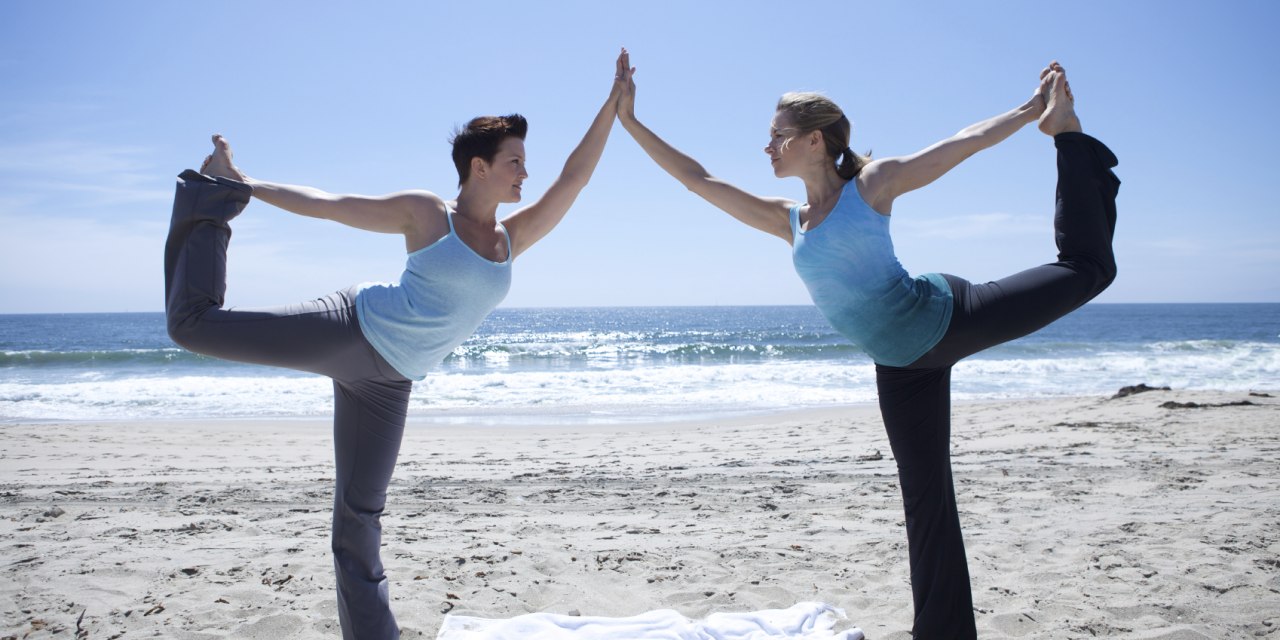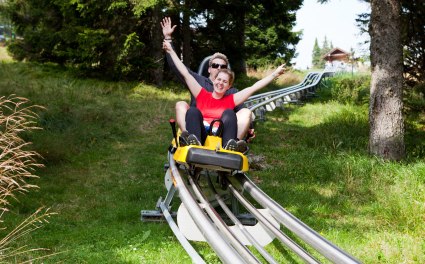If you have just left an inpatient center for addiction rehab, or you are in outpatient treatment, and seeking to maintain sobriety, reduce your chances of relapse: Deal with stress in a positive way, using these natural methods to help you keep calm and think clearly. Clear thinking will help you make the best and healthiest choices while you build your recovery:
- Journaling: Putting down your thoughts and feelings on paper is a marvellous way to understand and cope with these thoughts and emotions. There are many ways to journal— you may begin a diary, an evening reflection journal (where you write about the days’ events and think of ways you could have reacted differently to specific situations), a gratitude journal (jotting down the things you are appreciative for) or a goal-focused journal (which you can use to keep track of the steps you are taking to achieve your goals and objectives). Journaling helps you prioritize issues, track your symptoms and setbacks, identify triggers and identify negative thoughts (which you can work to challenge in a more positive way).
- Time in the great outdoors: Studies have shown that simply contemplating natural scenery or having plants in an office lowers stress levels and improves work performance. Choose from many forms of outdoor exercise or simply take a walk through a green area in a mindful frame of mind, paying attention to the sights and sounds and allowing nature to weave its relaxing magic.
- Yoga: Various studies have also proven that yoga is an ideal stress buster. Yoga is used in various settings (including rehab and breast cancer therapy), since it lowers cortisol (stress hormone) levels, increases vitality and reduces fatigue. One of yoga’s most powerful features is controlled breathing, which can lower the heart and breathing rates, thus helping us battle anxiety and stopping the powerful ‘fight or flight’ response. Yoga can be adapted to any age and fitness level so don’t worry about your first class if you have never tried it before.
- Mindful meditation: Mindfulness involve being in the here and now; being in tune to the messages your body is sending (tiredness, hunger, fatigue), thus helping you avoid potential triggers for relapse. Mindfulness involves much more than this, of course; it also encourages us to allow ourselves to feel both good and bad emotions, and to ‘ride through’ cravings and temptations instead of attempting to fight them.
- Exercise: While holistic exercises and activities such as yoga and Tai Chi are all the rage in top rehabilitation centers, all types of exercise can benefit those who have accepted the recovery challenge. Exercise lowers cortisol levels, especially when undertaken in the great outdoors. It also helps those in recovery find a new, positive focus; one that can boost their confidence and open doors to new people. Exercise is also vital to restore physical health, which may have been compromised for months or even years in the case of those who have been battling addiction for a long time.
Now working as a writer, Helen Graham spent many years working in health and social care, initially on a voluntary basis but then moving into more active roles. She now writes on health for a living, and continues to volunteer for a number of local mental health charities. She is married with two daughters.













